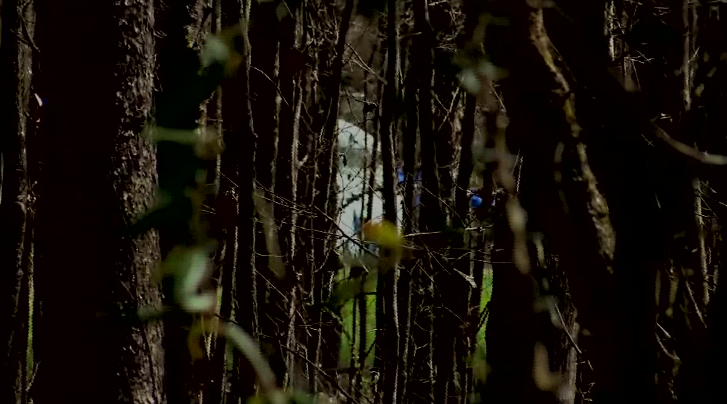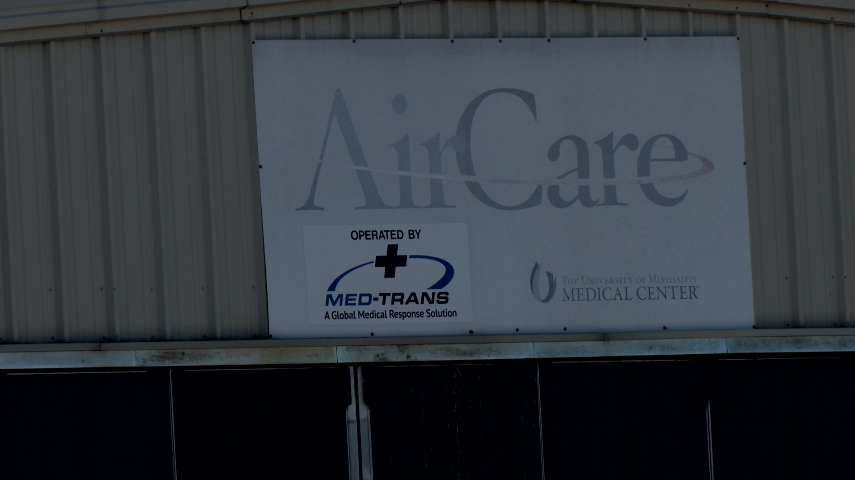Meat industry called source of most new COVID-19 hotspots
Outbreaks of the coronavirus in meat processing plants appear to play an outsized role in a handful of states with new infection rates far higher than the rest of the country. Or, as economist Ian Shepherdson put it Thursday: “The U.S. meat industry is the source of most new COVID hotspots.”
The number of new COVID-19 cases in the U.S. rose by more than 27,000 on Wednesday, an increase of 2.7% but down from the 3.5% hike seen on the same day a week earlier, Shepherdson, the chief economist at the U.K.-based Pantheon Macroeconomics, noted in his daily COVID-19 update.
“The latest emerging hotspot is Minnesota, where confirmed cases jumped by 11% yesterday, after a 10% increase on Tuesday. The average over the past week is a hefty 8.0%, two-and-a-half times faster than the national increase,” Shepherdson wrote. “Yet again, outbreaks in meat processing facilities appear to be a big part of the story, as is the case in Nebraska, Iowa, Kansas and North Dakota.”
The Minnesota Department of Health on Wednesday afternoon reported that 239 workers at a JBS pork plant in Worthington had tested positive of the nearly 1,500 employees tested. The plant, which employs 2,000, was temporarily shut down 10 days ago.
Minnesota’s tally came as state officials discussed reopening meatpacking plants during a local news conference a day after President Donald Trump signed an executive order stating that meat processing plants should remain open amid the pandemic.
“No executive order that I do or that the president does is going to change the fact that this virus is going to infect you if we don’t do this right,” Minnesota Governor Tim Walz said, according to the Argus Leader newspaper. “And no executive order is going to get those hogs processed if the people who know how to do it are sick or do not feel like they can be there.”
A similar theme was voiced by Minnesota Congressman Collin Peterson, who told the gathering: “They’re not going to be able to run the way they did before. They’re not going to be able to process 21,000 hogs a day like they did before.”
JBS said it’s retrofitting the plant to allow for more space between employees and does not yet have a date for when the facility that processes about 4% of all U.S. pork will resume operations.
The scenario in Minnesota is also playing out in other agribusiness states, as Shepherdson noted.
Less populous parts of Nebraska where meatpacking plants are located have seen sharp spikes in COVID-19 cases, including in the county where a Smithfield Foods plant operates. Of 144 confirmed cases in a five-county area, 57 have been linked to Smithfield Foods plant, according to local health officials.
Tyson Foods on Thursday said it is suspending operations at its beef processing plant in Dakota City, Nebraska, from Friday to Monday for deep cleaning after hundreds of people in surrounding communities tested positive for the virus.
Tyson previously said some of the 4,300 workers at the plant had tested positive for the virus, but declined to disclose how many. The company is screening employees at the plant for the virus this week with the help of the National Guard.
Outbreaks from South Dakota to Delaware
The Tyson plant in Dakota City is not far from Sioux Falls, South Dakota, where hundreds of workers at a Smithfield Foods pork processing plant tested positive for the coronavirus earlier this month, leading to the plant’s closure.
Smithfield, a U.S. subsidiary of China’s WH Group, has said it would “make announcements when it is ready to resume operations in each location,” including Sioux Falls.
The Centers for Disease Control and Prevention last week advised Smithfield to adopt measures to promote social distancing inside and outside the plant and provide workers with protective gear before reopening the facility.
Illinois has a slower COVID-19 case growth than the other states cited by Shepherdson, but has made little progress over the past two weeks.
“The [case growth] trend is about 5% per day, compared to the 3.5% national average. Again a disproportionate number of cases are at meat processing plants,” the economist noted.
“Case growth in Delaware, which has hotspots at chicken processing plants, fell to 1.7% yesterday, after a 10% jump on Tuesday,” he added.
The Associated Press contributed to this report.





Leave a Reply